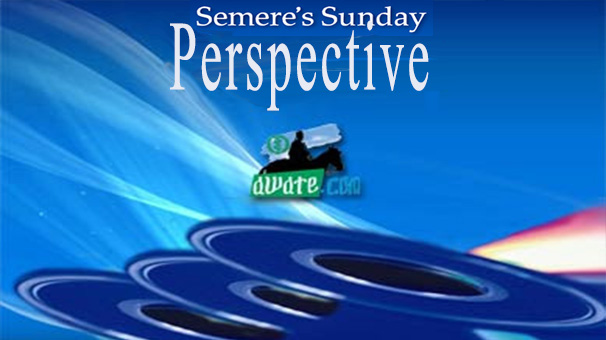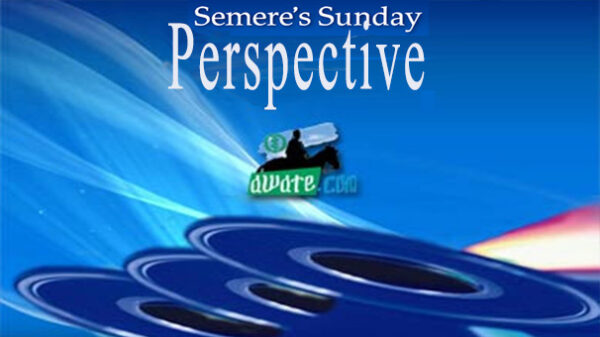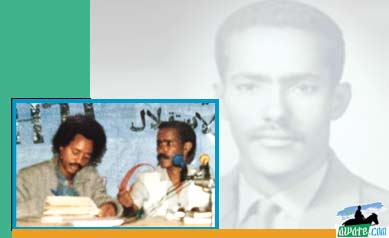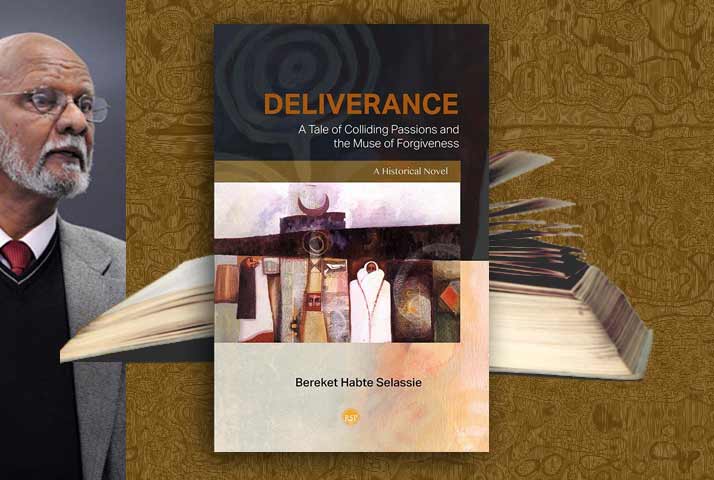Eritrea’s Missing Architects: The Intellectual Void Behind a Crippled Nation-Building

Eritrea’s liberation struggle stands as one of the most extraordinary military victories of the modern era. In 1991, the EPLF decisively defeated Ethiopian forces and freed the country. Yet instead of declaring independence immediately, it opted for a UN-supervised referendum in 1993—an exercise that yielded a predictable 99.83% result. Contrast this with the American Revolution, where independence was declared at the outset of war. Eritrea, by contrast, waited until victory to formalize independence—a gesture toward international legitimacy, but one that masked deeper structural absences. Sixteen nations have self-declared independence and are widely recognized today.
Eritrea’s declaration was treated as a fait accompli—an inevitable outcome rather than a hard-won triumph worthy of global recognition. Yet thirty years of war, crowned by a resounding victory, should have sufficed to assert sovereignty and compel acknowledgment. Independence earned at such cost ought to speak for itself. But history teaches that struggle alone is not enough; it must be narrated, justified, and elevated. That is the burden of public intellectuals—not merely to chart the path to liberation, but to interpret its meaning, defend its legitimacy, and inscribe it into the conscience of the world. Eritrea lacked such voices.
In May 1991, the EPLF established the Provisional Government of Eritrea (PGE), pending a referendum and permanent government. Thirty-five years later, it remains transitional.
Nation-building began with promise, including a grassroots constitutional process. But that promise quickly unraveled. The failure wasn’t incidental—it was structural. At its core was the absence of public intellectuals: thinkers and writers who could articulate the cause, unify factions, and offer a vision for post-independence governance.
History offers striking contrasts. The American Revolution had Paine and Jefferson. India had Gandhi. Russia had Lenin. France had Rousseau and Voltaire. These figures didn’t just inspire—they built ideological foundations. Despite their flaws, they translated struggle into systems. They gave revolutions a soul.
Eritrea’s revolution, by contrast, resembled Haiti’s or Mexico’s—military triumphs without central intellectual leadership. These movements often win the war but lose the peace. They’re remembered more for their struggle than for the nations they built.
During Eritrea’s liberation, both the ELF and EPLF produced literature—the EPLF’s National Democratic Program and ELF communiqués—but these were tactical and faction-specific. They mobilized fighters, not minds. In a society steeped in warrior culture, that worked. But there were no public philosophical debates. No intellectual figures who distilled the cause into a coherent ideology that could resonate across generations.
EPLF leaders were political-military tacticians, not philosophical architects. The ideological strands—Marxism-Leninism in the EPLF, leftist nationalism in the ELF—never reconciled. These ideologies were often recited dogmatically, with little room for reflection or inquiry—echoing the rigidity of religious orthodoxy. The result was a fragmented inheritance. The EPLF’s dominance shaped a post-independence order devoid of intellectual pluralism.
State formation is about power and institutions. Nation-building is about identity, culture, and belonging. Eritrea succeeded in the former—it built a state capable of enforcing authority. But it failed in the latter—it did not build a nation capable of inspiring voluntary unity.
There was no constitutional convention reflecting diverse political thought. No inclusive dialogue. No public intellectuals to mediate between competing visions. Whatever did exist was theatrical—image enhancement masquerading as substance. This absence of intellectual pluralism laid the groundwork for a tightly controlled one-party state. The revolutionary narrative was monopolized. Dissent was cast as betrayal. The promise of democratic governance gave way to militarization, securitization, indefinite national service, and a closed media landscape.
The consequences are clear: no political framework, no pluralist blueprint, no shared identity.
Today, Eritrea is known more for its authoritarianism than for the ideals that fueled its liberation. Its stability is brittle—sustained by repression, not legitimacy.
But there is hope.
To move forward, Eritrea must confront both its institutional and identity deficits. The first step is rule of law—anchored in a constitution. Plural media and inclusive dialogue can help reconcile competing narratives. Truth-telling and historical reckoning can foster belonging. A reformed regional posture can unlock economic oxygen.
These steps require courage. But more importantly, they require serious and responsible thinkers. Writers. Philosophers. Public intellectuals who can articulate a vision beyond survival. Who can help us remember not just what we fought against, but what we were fighting for!
Eritrea’s path forward demands more than reform—it demands a renaissance of thought. Not noise, but nuance. Not slogans, but substance.
It begins by turning away from the social media provocateurs who thrive on outrage and the partisans who pound the drums of extremism and division—mistaking parties and fronts as ends in themselves rather than the means they are. In their place, we must uplift the quiet strength of the middle: those who choose understanding over spectacle and dialogue over dogma.
Eritrea’s future depends not just on policy but on the power of ideas to inspire, unify, and transform.
___________
N.B. I’ll be sharing my reflections every Sunday. If you share similar convictions, feel free to reach out via email: weriz@yahoo.com




Awate Forum